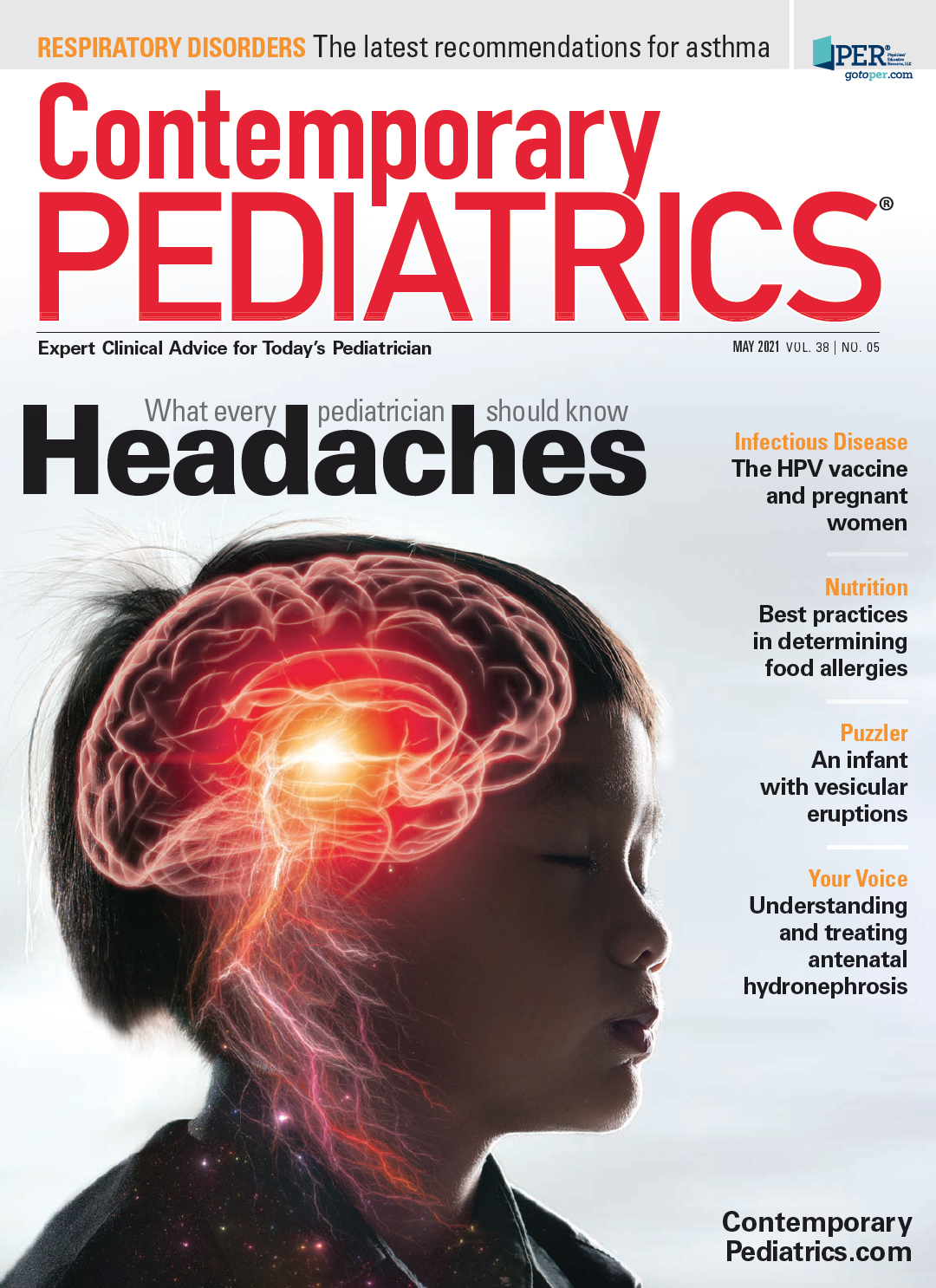Predictive testing for ASD: Should it be done and for whom?
Is there value in predictive testing for autism spectrum disorder (ASD)? A study examines the ethics.
The ethics of the clinical application of predictive testing for infants at high risk for autism spectrum disorder (ASD) are still unclear, according to a recent report. Given that a predictive test for ASD does not allow for immediate treatment, the benefits of testing are questionable.
However, an immediate benefit may be relief from parental anxiety caused by uncertainty or, when results are positive, targeted access to intervention, such as frequent monitoring for emerging ASD symptoms and enrollment in individualized behavioral intervention as soon as development begins to diverge from the norm. On the negative side, behavioral intervention could pose logistical or financial burdens on families. In addition, societal harm could result from introducing children who had received a predictive ASD diagnosis into an already highly stressed service system. The authors also noted that the relative weight of the benefits and harms of ASD prediction vary with the different perspectives and priorities of parents, clinicians, investigators, and neurodiversity advocates. What is clear, however, is that efforts to develop and evaluate predictive testing for infants at high risk for ASD are ethically warranted.
Thoughts from Dr. Farber
For those who believe that ethical early diagnosis issues apply only to conditions such as Huntington disease, or that early intervention is a no-brainer, this article is food for thought. Because in most instances a prediagnosis of autism will be far from certain, I will still stick with careful monitoring and referral once delays are noted.
Reference
1. Wolff J, Piven J. Predicting autism in infancy. Journal of the American Academy of Child & Adolescent Psychiatry. November 5, 2020. Epub ahead of print. doi:10.1016/j.jaac.2020.07.910

Genetic Testing for Autism: What Can Be Done, How Helpful Is It?
January 26th 2011In this podcast, Dr John Harrington of Eastern Virginia Medical School and Children’s Hospital of The King’s Daughters, and Dr Michael Paul, CEO and Rena Vanzo, Genetic Counselor of Lineagen-provider of a new integrated genetic testing and counseling service FirstStepDx-discuss the diagnosis of autism and genetic testing for autism.